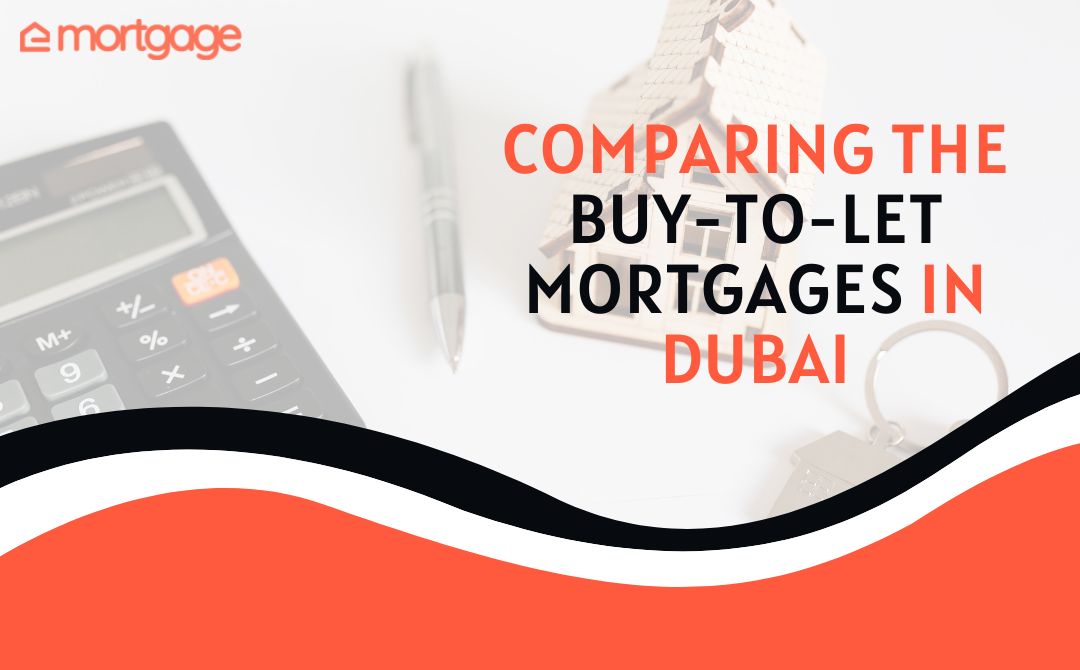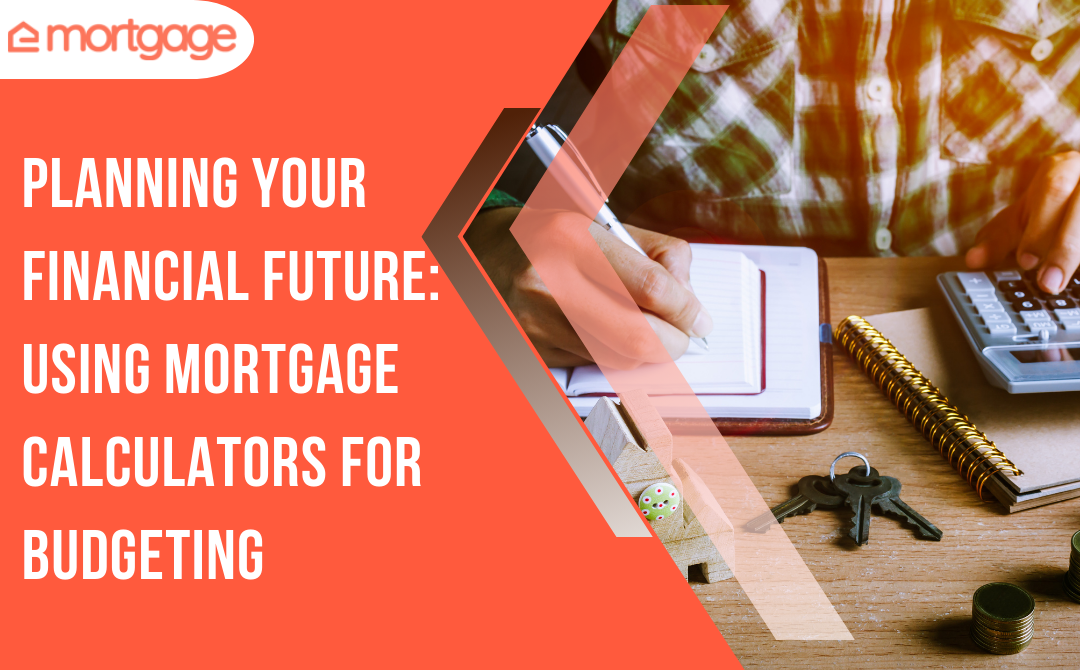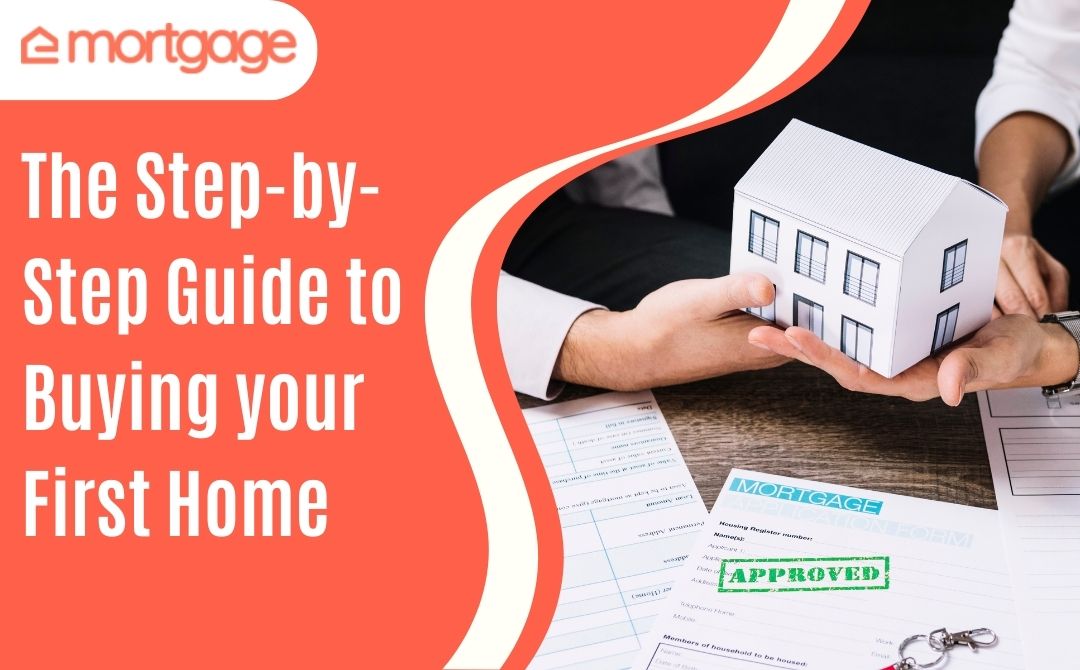If you’re a non-resident looking to invest in Dubai or anywhere across the UAE, obtaining a non-resident mortgage can be a viable option to finance your property purchase. This blog post will provide you with a comprehensive guide to non-resident mortgages, including eligibility criteria, benefits, mortgage types, and the application process.
A non-resident mortgage is a home loan specifically designed for individuals who are not citizens or residents of the UAE but wish to invest in the local real estate market. This type of mortgage allows them to purchase residential or commercial properties, providing them with an opportunity to participate in the lucrative Dubai real estate.
Who Can Get a Non-Resident Mortgage in Dubai and the UAE?
Non-resident mortgages are available to individuals who meet certain eligibility criteria. While these criteria may vary among lenders, generally, non-resident mortgages are open to:
- Non-UAE residents: Individuals who do not hold UAE citizenship or residency but have a valid passport and meet the lender’s requirements.
- Employed individuals: Non-residents with a stable employment history and a reliable source of income, typically supported by employment contracts and salary statements.
- Self-employed individuals: Non-residents who own businesses or work as freelancers can provide financial documents such as bank statements, audited accounts, and business licenses.
What are the Eligibility Criteria for a Non-Resident Mortgage?
To qualify for a non-resident mortgage, lenders typically require the following eligibility criteria:
- Minimum income: Lenders usually set a minimum income threshold, ensuring that borrowers have the financial capacity to repay the loan.
- Down payment: Non-residents are generally required to make a higher down payment compared to the UAE residents. This ensures that the borrower has a significant stake in the property.
- Debt-to-income ratio: Lenders assess the borrower’s debt-to-income ratio to ensure that the mortgage payments and any existing debts are manageable.
- Property type: Non-resident mortgages are typically available for freehold properties in designated areas approved by the Dubai government.
What are the Benefits of Getting a Non-Resident Mortgage?
Non-resident mortgages offer several advantages for individuals looking to invest in Dubai and the UAE:
- Eligibility Criteria: Non-resident mortgages provide an opportunity to invest in the local real estate market, allowing them to benefit from the region’s strong property appreciation rates.
- Mortgage Types: Non-resident mortgages offer a range of options, including fixed-rate mortgages, variable-rate mortgages, and adjustable-rate mortgages. This variety allows borrowers to choose a mortgage product that suits their financial goals and risk tolerance.
How to Apply for a Non-Resident Mortgage?
Applying for a non-resident mortgage in Dubai and the UAE typically involves the following steps:
- Research and Compare: Begin by researching different lenders and their non-resident mortgage offerings. Compare interest rates, fees, and terms to find the best option for your needs.
- Pre-Approval: Obtain a pre-approval from your chosen lender to determine the loan amount you qualify for. This will help you set a budget for your property search.
- Documentation: Gather the required documents, which may include your passport, visa, employment contract, bank statements, and income verification. Provide any additional documentation requested by the lender.
- Property Selection: Find a property that meets your requirements and aligns with the lender’s approved property list.
- Loan Application: Submit your loan application along with the necessary documents to the lender. The lender will review your application and assess your eligibility.
- Property Valuation: The lender will conduct a property valuation to ensure the property’s value aligns with the loan amount requested.
- Approval and Disbursement: The lender will issue a mortgage offer if your application is approved. Once you accept the offer, the loan amount will be disbursed to complete the property purchase.
Conclusion:
A non-resident mortgage in Dubai and the UAE opens doors for individuals outside the region to tap into the lucrative real estate market. Understanding the eligibility criteria, benefits, mortgage types, and application process is crucial to make informed decisions and securing the right financing option for your property investment.
At eMortgage, we are committed to assisting non-resident borrowers in navigating the complexities of obtaining a mortgage in Dubai and the UAE. Our experienced professionals can guide you through the entire process, from exploring mortgage options to gathering the necessary documentation and submitting your loan application. We understand non-residents’ unique requirements and challenges and provide tailored solutions to meet your specific needs.
With our expertise and access to a wide network of lenders, we can help you find competitive non-resident mortgage options that align with your financial goals. Trust eMortgage to simplify the mortgage process and ensure a smooth and successful property purchase experience.




